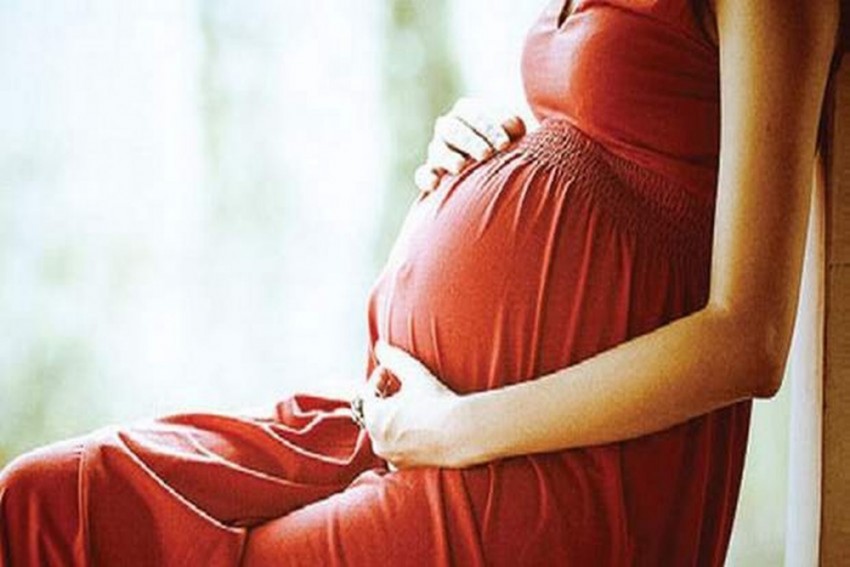
SC upends Delhi HC order, allows unmarried woman to abort 24-week pregnancy

Upending an order passed by the Delhi High Court, the Supreme Court on Thursday allowed an unmarried woman to abort her 24-week pregnancy.
The petitioner had said that her relationship status with the father of the child had changed during the pregnancy, as he had refused to marry her.
A bench of Justices DY Chandrachud, Surya Kant and AS Bopanna said that a woman’s marital status should not be linked to her right to terminate a pregnancy.
It is to be noted that under the Medical Termination of Pregnancy (MTP) Act, 1971, it is illegal to abort the foetus which is 20 weeks old into gestation. But women are allowed to terminate pregnancies between 20-24 weeks in exceptional cases.
“We are of the view that allowing the petitioner to suffer an unwanted pregnancy will go against the parliamentary intent and the benefits under the act and cannot be denied to her only on the basis of her being unmarried. The distinction between a married and an unmarried woman has no nexus to the object sought to be achieved by the Parliament,” the bench said.
Also read: New rules allow abortion till 24 weeks of pregnancy for special cases
The top court said that the order will be subject to a final decision of a medical board formed by the All India Institute of Medical Sciences which is supposed to clarify if the abortion can be possible without causing harm to the woman.
The petitioner, a 25-year-old woman from Manipur, who resides in Delhi had approached the top court after the Delhi High court refused to give her permission to terminate the pregnancy, stating that it virtually amounts to killing the foetus.
In an order issued on July 16, a two-judge bench of the Delhi HC comprising Chief Justice Satish Chandra Sharma and Justice Subramonium Prasad had said that aborting the foetus is not permitted under the abortion law after 20 weeks for pregnancy arising out of a consensual relationship.
The high court, however, sought the Centre’s response on the woman’s contention that the exclusion of unmarried women from being allowed to undergo medical termination of pregnancy up to 24 weeks, was discriminatory.
The petitioner had told the court that her partner, with whom she was in a consensual relationship, had refused to marry her. She had stressed that giving birth outside the wedlock would cause her psychological agony as well as social stigma and she was not mentally prepared to be a mother.
The high court, while dealing with the plea, had said the court cannot go beyond the statute while exercising its power under Article 226 of the Constitution.
“The petitioner, who is an unmarried woman and whose pregnancy arises out of a consensual relationship, is clearly not covered by any of the clauses under the Medical Termination of Pregnancy Rules, 2003,” the high court noted in its order.
“As of today, Rule 3B of the Medical Termination of Pregnancy Rules, 2003 (which excludes unmarried women) stands, and this court, while exercising its power under Article 226 of the Constitution of India, 1950, cannot go beyond the statute,” it had said.
Before passing the order, the high court had suggested that the petitioner can be kept “somewhere safe” until she delivers the child who can subsequently be given up for adoption.
“We will ensure that the girl is kept somewhere safe and she can deliver and go. There is a big queue for adoption,” the court had said.
Also read: ‘Abortion pills’ kill TN teenager; male relative, quack arrested
After the lawyer turned down the court’s suggestion, it said that it would pass an order on the petition.
Commenting on the high court’s order, the Supreme Court said that the lower court had taken an “unduly restrictive view” of Rule 3B.
(With inputs from agencies)

